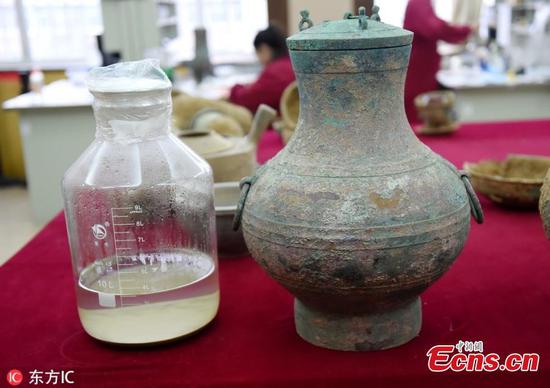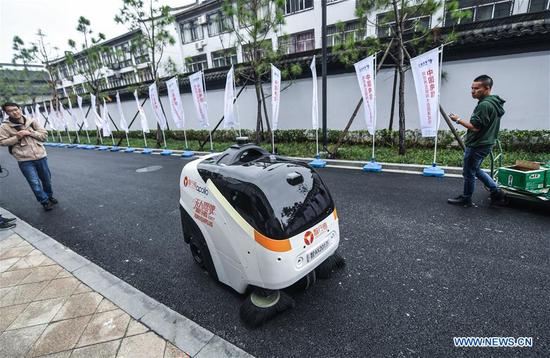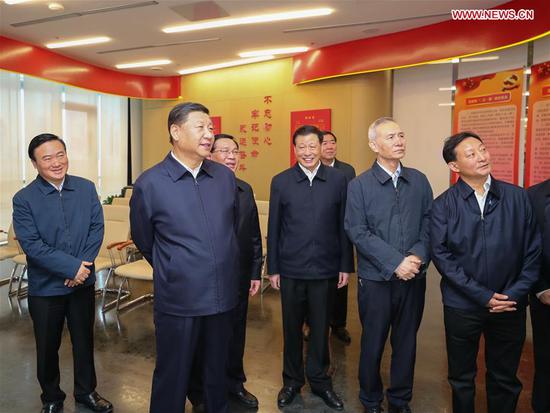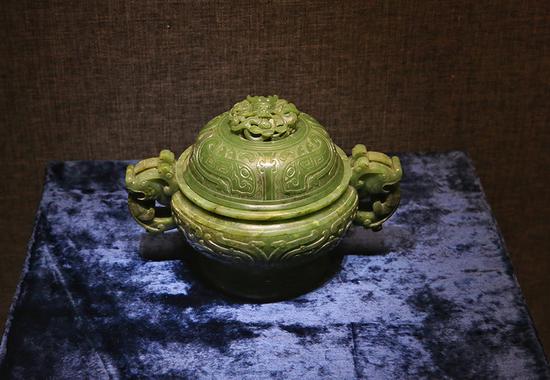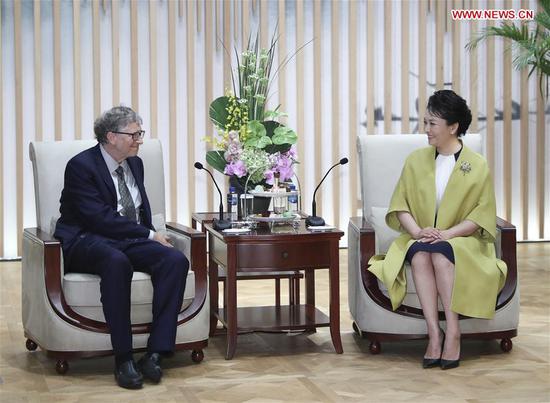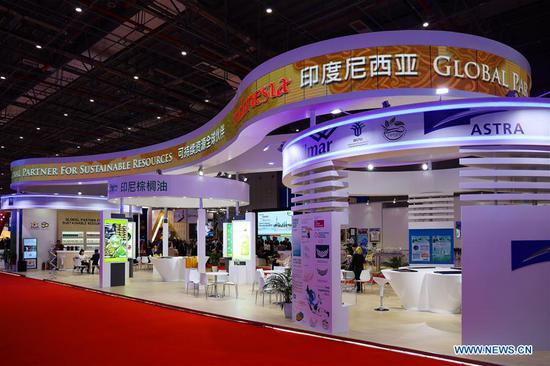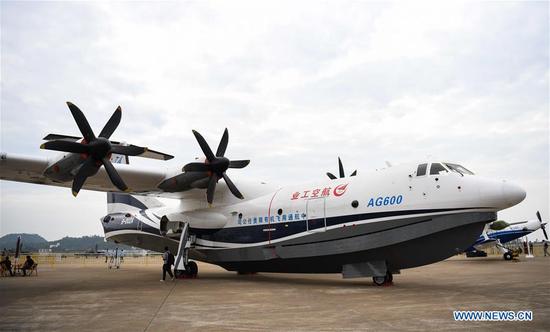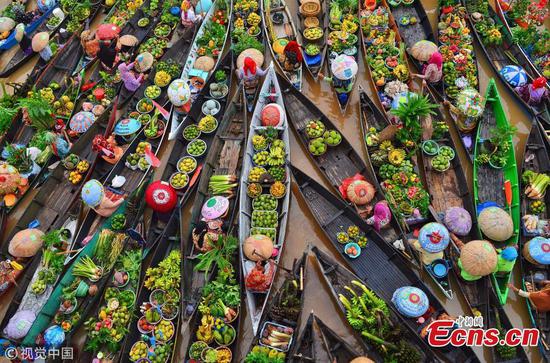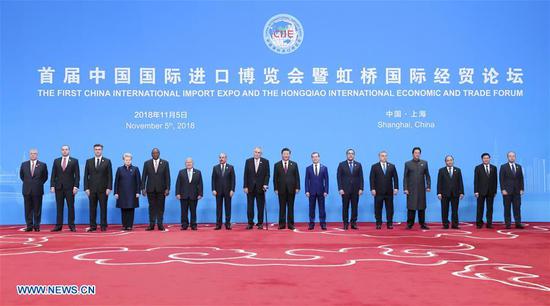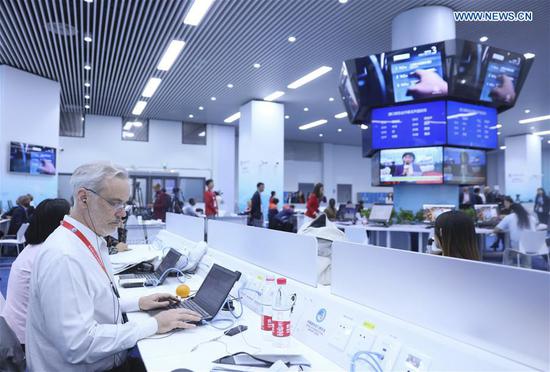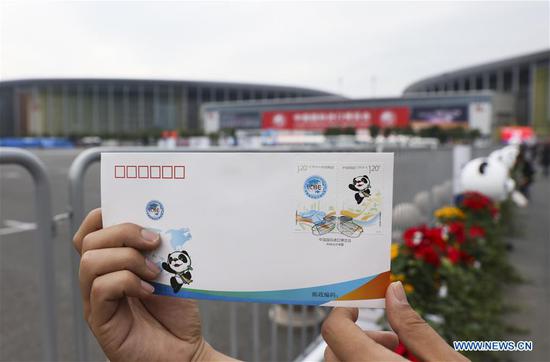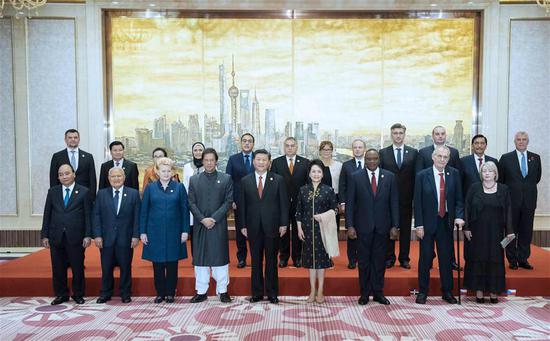
Employees of Correos Chile sort parcels from China at a logistics center in Santiago, Chile. The goods were ordered from a cross-border e-commerce platform owned by Alibaba. (Photo/Xinhua)
With the China International Import Expo expected to stimulate demand for imports, from machinery and pharmaceuticals to everyday products, cross-border e-commerce companies are preparing to reap the benefits.
Kaola, the cross-border e-commerce arm of Chinese internet giant NetEase, is among the exhibitors at the ongoing CIIE in Shanghai.
"The demand for imported goods is constantly changing in China and reflects the consumption trend," said Zhang Lei, Kaola's CEO.
"At first, the demand was mainly for milk powder and diapers, and imported goods were a symbol of quality. With rapid growth in cross-border e-commerce, cosmetics now are a huge part of that demand."
She said her company expects business to be robust in the next two years.
"Long-term, consumer demand for imports will focus on customized and specialized products. Other than maternity products, cosmetics and skin care products, health supplements, food and clothes also have a profound future," Zhang said.
"The next two years will be a golden period for foreign brands in the Chinese market. We anticipate it will see soaring demand for imported goods."
Wu Yue, spokesman for Panshi, an e-commerce service provider based in Hangzhou, Zhejiang province, said he foresees more foreign-made consumer goods becoming available in China thanks to improved customs clearance procedures.
"Consumer goods account for only 15 percent of China's total trade volume, but in developed countries it's 30 to 40 percent," he said.
To close the gap, he said, the country has lowered tariffs on daily necessities, medicines and elderly care products, meaning shoppers can enjoy a wider selection of goods.
"Cross-border e-commerce has just gone through two years of explosive growth," Wu said. "As the customs clearance mode for consumer goods develops, cross-border e-commerce will become even more cost-effective.
"Further expanding imports can balance foreign trade, push domestic industries to a higher level through competition brought by foreign counterparts, and meet people's daily demands."
In particular, he said, Panshi has forecast rapid growth in trade with economies involved in the Belt and Road Initiative.
Wu said the major competitive edge of Chinese cross-border e-commerce is in its convenient payment methods and advanced logistic services.
"In other countries, it may take up to two weeks between placing an order and receiving the goods, but the Chinese government has been promoting paperless customs declaration methods, which shorten the time needed for clearance," he added.
To boost cross-border e-commerce, the Chinese customs service has been working to simplify the clearance process to make it easier for foreign merchants and Chinese importers.
"When Kaola was set up, the bonded import policy shortened our entire process from 10 to 15 days to just two to three days," Zhang said.
"With support from customs officials, in 2016, we achieved next-day delivery in most regions in China. Last year, we even achieved same-day delivery in some areas."









